Sale
The Struggle of Yahweh and El for Hosea’s Israel
Published: Mar 2008
Original price was: £50.00.£19.95Current price is: £19.95.
In this provocative new proposal, Chalmers presents the prophet Hosea as engaged in a polemic against the Canaanite deity El. Especially in chs. 11 —13 Hosea is exposing the Northern Kingdom's fatal error of mistaking El for Yahweh (just as, in chs. 1 —2, it was Baal who was wrongly identified with Yahweh).
Here Hosea is asking, 'Who is the god of Jacob?', 'Who is the god of the exodus?' His answer is: not El —as in many Israelite traditions —, but Yahweh. This recognition leads Chalmers to reconstruct the 'back story' of the god El, from the sanctuary narrative in Genesis 28, the Balaam oracles in Numbers 22 —24, and the account of Jeroboam's cult in 1 Kings 12. Against the standard view that there is no polemic against El in the Hebrew Bible, Chalmers argues that the recurring polemic against the sanctuary at Bethel may have less to do with 'golden calves' or anti-northern rhetoric than with a much older debate about the identity of the god worshipped at Bethel. The second half of this book goes beyond the sanctuary at Bethel to the existence of a deity named Bethel.
Just as the cults of Yahweh and El were closely related in Hosea's eighth-century Israel, in the fifth-century Jewish settlement at Elephantine Yahweh and Bethel seem to be almost interchangeable. Since the religious beliefs on display in Elephantine show some striking similarities to that of Hosea's Northern Kingdom, the earlier Yahweh —El dynamic and the later Yahweh —Bethel dynamic may effectively interpret one another.
Sale
The Struggle of Yahweh and El for Hosea’s Israel
Original price was: £50.00.£19.95Current price is: £19.95.
In this provocative new proposal, Chalmers presents the prophet Hosea as engaged in a polemic against the Canaanite deity El. Especially in chs. 11 —13 Hosea is exposing the Northern Kingdom's fatal error of mistaking El for Yahweh (just as, in chs. 1 —2, it was Baal who was wrongly identified with Yahweh).
Here Hosea is asking, 'Who is the god of Jacob?', 'Who is the god of the exodus?' His answer is: not El —as in many Israelite traditions —, but Yahweh. This recognition leads Chalmers to reconstruct the 'back story' of the god El, from the sanctuary narrative in Genesis 28, the Balaam oracles in Numbers 22 —24, and the account of Jeroboam's cult in 1 Kings 12. Against the standard view that there is no polemic against El in the Hebrew Bible, Chalmers argues that the recurring polemic against the sanctuary at Bethel may have less to do with 'golden calves' or anti-northern rhetoric than with a much older debate about the identity of the god worshipped at Bethel. The second half of this book goes beyond the sanctuary at Bethel to the existence of a deity named Bethel.
Just as the cults of Yahweh and El were closely related in Hosea's eighth-century Israel, in the fifth-century Jewish settlement at Elephantine Yahweh and Bethel seem to be almost interchangeable. Since the religious beliefs on display in Elephantine show some striking similarities to that of Hosea's Northern Kingdom, the earlier Yahweh —El dynamic and the later Yahweh —Bethel dynamic may effectively interpret one another.
Sale
David Observed: A King in the Eyes of His Court
Published: Mar 2008
Price range: £17.50 through £19.95
From his earliest anointing in 1 Samuel 16 until his deathbed discourse in 1 Kings 2, David is surrounded by a remarkable cast of supporting characters -- an ensemble whose varying perspectives on him create some of the complexity of this royal character in the biblical narrative.
David's older brother Eliab speaks only once to his younger sibling, but this conversation has significant implications for the larger narrative. The encounter with Ahimelech the priest in 1 Samuel 21-22 in many ways symbolizes the 'crossing fates' of David and Saul in the sanctuary at Nob. Abner is the rival general who wants to make a deal, but his actions are difficult to gauge: does he have his own set of royal ambitions? Joab is pre-eminently a man of action and a key commander of David's troops, but this military figure surprisingly turns out to be as well an innovative reader and royal exegete.
Nathan the prophet has a tendency to surface at pivotal moments in the story, as a decisive influence on the spiritual and political affairs of the king. Ahithophel is a senior counsellor in the Davidic administration who becomes mysteriously embittered against David in the rebellion of Absalom; in narratives about him there is a confluence of tangled motives and prophetic words. Finally, Solomon is the younger son who accedes to the coveted Davidic throne, and curiously shares traits with his ancestor Jacob and has a swearing problem in 1 Kings 1-2.
Sale
David Observed: A King in the Eyes of His Court
Price range: £17.50 through £19.95
From his earliest anointing in 1 Samuel 16 until his deathbed discourse in 1 Kings 2, David is surrounded by a remarkable cast of supporting characters -- an ensemble whose varying perspectives on him create some of the complexity of this royal character in the biblical narrative.
David's older brother Eliab speaks only once to his younger sibling, but this conversation has significant implications for the larger narrative. The encounter with Ahimelech the priest in 1 Samuel 21-22 in many ways symbolizes the 'crossing fates' of David and Saul in the sanctuary at Nob. Abner is the rival general who wants to make a deal, but his actions are difficult to gauge: does he have his own set of royal ambitions? Joab is pre-eminently a man of action and a key commander of David's troops, but this military figure surprisingly turns out to be as well an innovative reader and royal exegete.
Nathan the prophet has a tendency to surface at pivotal moments in the story, as a decisive influence on the spiritual and political affairs of the king. Ahithophel is a senior counsellor in the Davidic administration who becomes mysteriously embittered against David in the rebellion of Absalom; in narratives about him there is a confluence of tangled motives and prophetic words. Finally, Solomon is the younger son who accedes to the coveted Davidic throne, and curiously shares traits with his ancestor Jacob and has a swearing problem in 1 Kings 1-2.
Sale
Hebrews, Second Edition
Published: Feb 2008
Price range: £13.50 through £17.00
This commentary on the Letter to the Hebrews envisages the recipients of the letter as a community that has embraced the Christian message but is beginning to question its adequacy to meet their spiritual needs. They have given up the richness of Jewish ritual and cultic tradition for a way of life that lacks the venerable symbols and institutions they had previously valued.
Gordon highlights the arguments and rhetorical strategies the author uses to counter this feeling of 'cultic deficit' as he draws attention to what they actually possess in consequence of their Christian commitment.
The Letter to the Hebrews has particular contemporary relevance today because, in warning the community against 'going back', the author implies that Christianity has superseded their ancestral Jewish faith. That may seem a slight on the religion 'superseded', but Gordon points out that Judaism itself, as well as Christianity, represents a significant break with the religion of the Hebrew Bible/Old Testament. Jewish —Christian dialogue would profit from being conducted in that light.
For this Second Edition, the author has written an additional Introduction, and the pagination of this edition differs from that of the first.
Sale
Hebrews, Second Edition
Price range: £13.50 through £17.00
This commentary on the Letter to the Hebrews envisages the recipients of the letter as a community that has embraced the Christian message but is beginning to question its adequacy to meet their spiritual needs. They have given up the richness of Jewish ritual and cultic tradition for a way of life that lacks the venerable symbols and institutions they had previously valued.
Gordon highlights the arguments and rhetorical strategies the author uses to counter this feeling of 'cultic deficit' as he draws attention to what they actually possess in consequence of their Christian commitment.
The Letter to the Hebrews has particular contemporary relevance today because, in warning the community against 'going back', the author implies that Christianity has superseded their ancestral Jewish faith. That may seem a slight on the religion 'superseded', but Gordon points out that Judaism itself, as well as Christianity, represents a significant break with the religion of the Hebrew Bible/Old Testament. Jewish —Christian dialogue would profit from being conducted in that light.
For this Second Edition, the author has written an additional Introduction, and the pagination of this edition differs from that of the first.
Sale
Journal of Greco-Roman Christianity and Judaism 4 (2007)
Published: Feb 2008
Original price was: £80.00.£34.95Current price is: £34.95.
This is the fourth volume of the hard-copy edition of a journal that has been published online (www.jgrchj.net) since 2000. Volume 1 was for 2000, Volume 2 was for 2001-2005, Volume 3 is for 2006, and Volume 4 for 2007. As they appear, the hardcopy editions will replace the online materials. The scope of JGRChJ is the texts, language and cultures of the Graeco-Roman world of early Christianity and Judaism.The papers published in JGRChJ are designed to pay special attention to the 'larger picture' of politics, culture, religion and language, engaging as well with modern theoretical approaches.
Sale
Journal of Greco-Roman Christianity and Judaism 4 (2007)
Original price was: £80.00.£34.95Current price is: £34.95.
This is the fourth volume of the hard-copy edition of a journal that has been published online (www.jgrchj.net) since 2000. Volume 1 was for 2000, Volume 2 was for 2001-2005, Volume 3 is for 2006, and Volume 4 for 2007. As they appear, the hardcopy editions will replace the online materials. The scope of JGRChJ is the texts, language and cultures of the Graeco-Roman world of early Christianity and Judaism.The papers published in JGRChJ are designed to pay special attention to the 'larger picture' of politics, culture, religion and language, engaging as well with modern theoretical approaches.
Sale
2 Chronicles
Published: Dec 2007
Price range: £13.50 through £17.00
Across the pages of 2 Chronicles a colourful cast of characters passes in breathless parade before the reader. The tales of the kings of Judah are told in sequence, from Rehoboam 'the Enlarger' (who on the contrary shrinks the kingdom) to Zedekiah 'the Righteous' (who equally contrariwise profanes the divine name). These motley monarchs are preceded by the unparalleled King Solomon of All Israel and succeeded by the imperial King Cyrus of Persia, and all the while the tellers of the tales weave an insistent ideological thread through the fabric of their stories. John Jarick's reading of Chronicles brings out the fascination and discomfort of handling an ancient scroll that presents itself as the authoritative account of how things were and how they ought to be.
Sale
2 Chronicles
Price range: £13.50 through £17.00
Across the pages of 2 Chronicles a colourful cast of characters passes in breathless parade before the reader. The tales of the kings of Judah are told in sequence, from Rehoboam 'the Enlarger' (who on the contrary shrinks the kingdom) to Zedekiah 'the Righteous' (who equally contrariwise profanes the divine name). These motley monarchs are preceded by the unparalleled King Solomon of All Israel and succeeded by the imperial King Cyrus of Persia, and all the while the tellers of the tales weave an insistent ideological thread through the fabric of their stories. John Jarick's reading of Chronicles brings out the fascination and discomfort of handling an ancient scroll that presents itself as the authoritative account of how things were and how they ought to be.
Sale
1 Chronicles, Second Edition
Published: Oct 2007
Price range: £13.50 through £17.00
The books of Chronicles have a certain fantasy quality about them. They create an imaginary world in which things happen just so, and in which any potentially untidy loose ends in their narrative of the past are tied together in a highly systematic way. This is storytelling with the didactic purpose of inculcating a particular ideology, bombarding the reader with a kaleidoscopic procession of heroes and villains and presenting a frontierland of danger and opportunity.
John Jarick's focus on the literary world of Chronicles provides a fresh reading of the work, foregrounding the often unrecognized artistry in the telling of the tale —including at times a distinctly musical language and a careful mathematical precision. But at the same time he does not hide the dark underbelly of the writing, with its persistent note of conformity to the political and religious system advocated by the storytellers. This edition is a reprint of the original 2002 edition with different pagination. A companion volume on 2 Chronicles is published for the first time in 2007.
Sale
1 Chronicles, Second Edition
Price range: £13.50 through £17.00
The books of Chronicles have a certain fantasy quality about them. They create an imaginary world in which things happen just so, and in which any potentially untidy loose ends in their narrative of the past are tied together in a highly systematic way. This is storytelling with the didactic purpose of inculcating a particular ideology, bombarding the reader with a kaleidoscopic procession of heroes and villains and presenting a frontierland of danger and opportunity.
John Jarick's focus on the literary world of Chronicles provides a fresh reading of the work, foregrounding the often unrecognized artistry in the telling of the tale —including at times a distinctly musical language and a careful mathematical precision. But at the same time he does not hide the dark underbelly of the writing, with its persistent note of conformity to the political and religious system advocated by the storytellers. This edition is a reprint of the original 2002 edition with different pagination. A companion volume on 2 Chronicles is published for the first time in 2007.
Sale
Identity and Interaction in the Ancient Mediterranean: Jews, Christians and Others. Essays in Honour of Stephen G. Wilson
Published: Oct 2007
Original price was: £50.00.£22.50Current price is: £22.50.
Stephen G. Wilson was Professor of Religion at Carleton University, Ottawa, and Director of the College of Humanities until his retirement in 2007. His contributions to the study of the religious identities of Jews, Christians, and Gentiles in the first three centuries of the Common Era are widely acknowledged; his interests have been no less in the contrasting and sometimes conflicting religious identities within each of these three groups.
Among his best-known publications are The Gentiles and the Gentile Mission in Luke —Acts (1973), Luke and the Law (1983), Related Strangers: Jews and Christians 70 —170 CE (1995), and Leaving the Fold: Defectors and Apostates in Antiquity (2004). The present collection of essays develops further Wilson's researches on the general theme of identity and interaction.
The sixteen contributors to this Festschrift include Kim Stratton on curse rhetoric, Adele Reinhartz on Caiaphas, Willi Braun on meals and social formation, Philip Harland on meals and social labelling, Richard Ascough on missionizing associations, John Barclay on Judaean identity in Josephus, John Kloppenborg on the recipients of the Letter of James, Laurence Broadhurst on ancient music, Larry Hurtado on manuscripts and identity, Edith Humphey on naming in the Apocalypse, Michele Murray on the Apostolic Constitutions, Roger Beck on the Late Antique 'Horoscope of Islam', Graydon Snyder on the Ethiopian Jews, Alan Segal on Daniel Boyarin, Robert Morgan on theology vs religious studies, and William Arnal on scholarly identities in the study of Christian Origins.
Sale
Identity and Interaction in the Ancient Mediterranean: Jews, Christians and Others. Essays in Honour of Stephen G. Wilson
Original price was: £50.00.£22.50Current price is: £22.50.
Stephen G. Wilson was Professor of Religion at Carleton University, Ottawa, and Director of the College of Humanities until his retirement in 2007. His contributions to the study of the religious identities of Jews, Christians, and Gentiles in the first three centuries of the Common Era are widely acknowledged; his interests have been no less in the contrasting and sometimes conflicting religious identities within each of these three groups.
Among his best-known publications are The Gentiles and the Gentile Mission in Luke —Acts (1973), Luke and the Law (1983), Related Strangers: Jews and Christians 70 —170 CE (1995), and Leaving the Fold: Defectors and Apostates in Antiquity (2004). The present collection of essays develops further Wilson's researches on the general theme of identity and interaction.
The sixteen contributors to this Festschrift include Kim Stratton on curse rhetoric, Adele Reinhartz on Caiaphas, Willi Braun on meals and social formation, Philip Harland on meals and social labelling, Richard Ascough on missionizing associations, John Barclay on Judaean identity in Josephus, John Kloppenborg on the recipients of the Letter of James, Laurence Broadhurst on ancient music, Larry Hurtado on manuscripts and identity, Edith Humphey on naming in the Apocalypse, Michele Murray on the Apostolic Constitutions, Roger Beck on the Late Antique 'Horoscope of Islam', Graydon Snyder on the Ethiopian Jews, Alan Segal on Daniel Boyarin, Robert Morgan on theology vs religious studies, and William Arnal on scholarly identities in the study of Christian Origins.
Sale
Judges
Published: Oct 2007
Price range: £13.50 through £17.00
In this new contribution to the Readings series of commentaries, Roger Ryan offers a challenge to the fashionable disdain for the heroes of the Book of Judges. As against the current consensus majoring on the supposed flaws in the characters of the judges, and denigrating them as participants in Israel's moral and religious decline, he paints a positive portrait of each of the book's judge-deliverers.
The key element in all the stories of the judges is that each of them wins independence for oppressed Israelites against great odds —an element that should predispose readers to a favourable evaluation of the heroes. Ehud slaughters an enemy king when the only weapon he has is a homemade dagger. Barak resolutely charges downhill against enemy chariots reinforced with iron. Jael slaughters an enemy commander by improvising with a hammer and a tent peg. Gideon defeats hordes of nomadic invaders with a small token army. The lone hero Samson slaughters the Philistine foe in great numbers.
The Book of Judges presents in this reading a dark story-world in which its characters take heroic risks as they resolve conflicts by violent means. Their stories are jubilantly told and readers are expected to be neither squeamish nor censorious.
Sale
Judges
Price range: £13.50 through £17.00
In this new contribution to the Readings series of commentaries, Roger Ryan offers a challenge to the fashionable disdain for the heroes of the Book of Judges. As against the current consensus majoring on the supposed flaws in the characters of the judges, and denigrating them as participants in Israel's moral and religious decline, he paints a positive portrait of each of the book's judge-deliverers.
The key element in all the stories of the judges is that each of them wins independence for oppressed Israelites against great odds —an element that should predispose readers to a favourable evaluation of the heroes. Ehud slaughters an enemy king when the only weapon he has is a homemade dagger. Barak resolutely charges downhill against enemy chariots reinforced with iron. Jael slaughters an enemy commander by improvising with a hammer and a tent peg. Gideon defeats hordes of nomadic invaders with a small token army. The lone hero Samson slaughters the Philistine foe in great numbers.
The Book of Judges presents in this reading a dark story-world in which its characters take heroic risks as they resolve conflicts by violent means. Their stories are jubilantly told and readers are expected to be neither squeamish nor censorious.
Sale
Text and Community, Vol 2: Essays in Memory of Bruce M. Metzger
Published: Oct 2007
Original price was: £50.00.£22.50Current price is: £22.50.
Bruce Manning Metzger, New Testament professor emeritus at Princeton Theological Seminary, died in February 2007 at the age of 93. This volume in his honour was already in preparation, and has become of necessity a memorial volume rather than the Festschrift that was intended.
Metzger has been called the greatest American New Testament critic and biblical translator of the twentieth century. Among his writings most commonly cited are his classic studies The Text of the New Testament, its Transmission, Corruption and Restoration (1964) and The Early Versions of the New Testament, their Origin, Transmission, and Limitations (1977). He was also Chair of the Committee of Translators for the New Revised Standard Version of the Bible (published 1990).
The first of these two wide-ranging and often innovative volumes created in his honour, subtitled Interpretation of the Text for the Community, falls into two parts: The Nature of the Bible: Manuscripts, Texts, and Translation (e.g. an ancient papyrus biblical fragment, biblical exegesis in the third world), and Understanding the Bible: Hermeneutics (e.g. biblical interpretation in Paul in its cultural context).
The second volume, on Implementation of the Text in the Community, has as its two parts, The Church and the Bible: Pulpit and Parish (e.g. pastoral care and the Bible) and The Academy, Science, Culture, Society, and the Bible (e.g. psychological method and the historical Jesus, Jungian and Freudian perspectives on gender in the Gospel of John).
Sale
Text and Community, Vol 2: Essays in Memory of Bruce M. Metzger
Original price was: £50.00.£22.50Current price is: £22.50.
Bruce Manning Metzger, New Testament professor emeritus at Princeton Theological Seminary, died in February 2007 at the age of 93. This volume in his honour was already in preparation, and has become of necessity a memorial volume rather than the Festschrift that was intended.
Metzger has been called the greatest American New Testament critic and biblical translator of the twentieth century. Among his writings most commonly cited are his classic studies The Text of the New Testament, its Transmission, Corruption and Restoration (1964) and The Early Versions of the New Testament, their Origin, Transmission, and Limitations (1977). He was also Chair of the Committee of Translators for the New Revised Standard Version of the Bible (published 1990).
The first of these two wide-ranging and often innovative volumes created in his honour, subtitled Interpretation of the Text for the Community, falls into two parts: The Nature of the Bible: Manuscripts, Texts, and Translation (e.g. an ancient papyrus biblical fragment, biblical exegesis in the third world), and Understanding the Bible: Hermeneutics (e.g. biblical interpretation in Paul in its cultural context).
The second volume, on Implementation of the Text in the Community, has as its two parts, The Church and the Bible: Pulpit and Parish (e.g. pastoral care and the Bible) and The Academy, Science, Culture, Society, and the Bible (e.g. psychological method and the historical Jesus, Jungian and Freudian perspectives on gender in the Gospel of John).

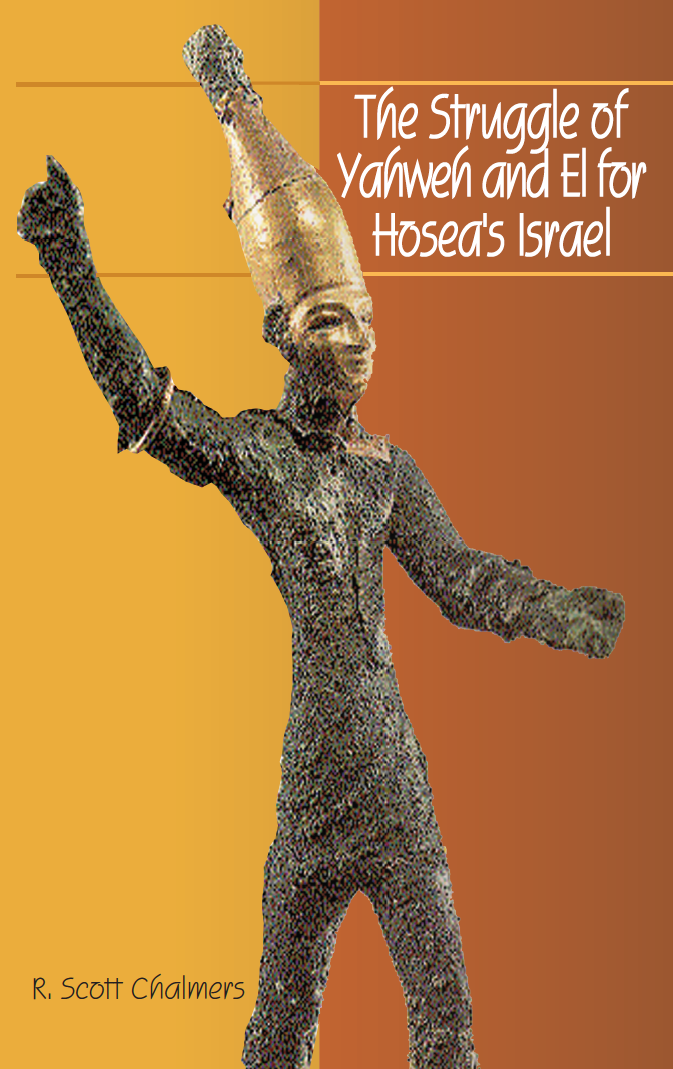
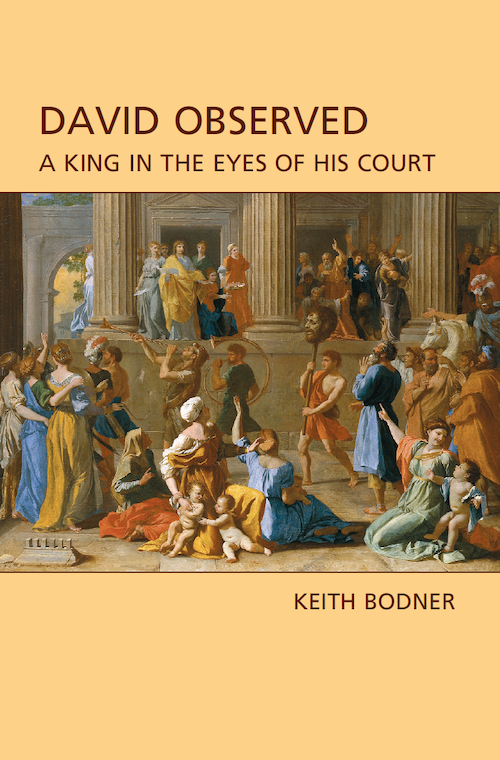
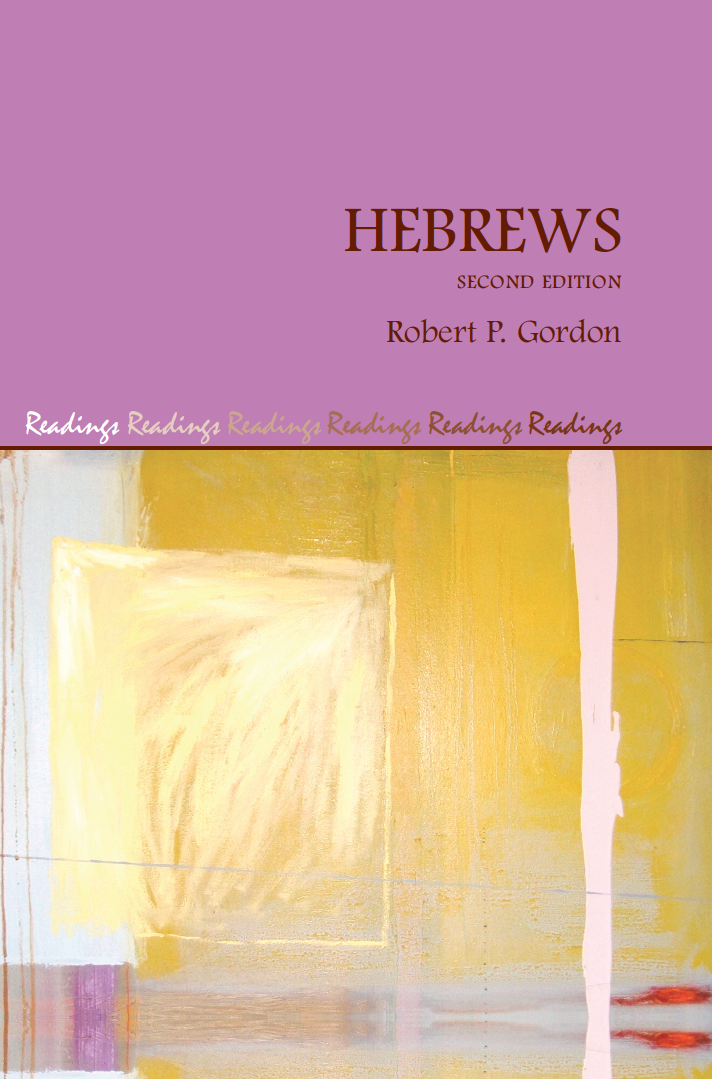
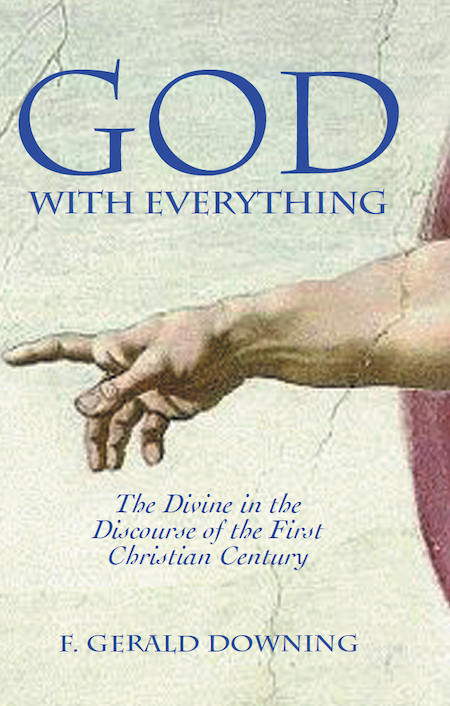
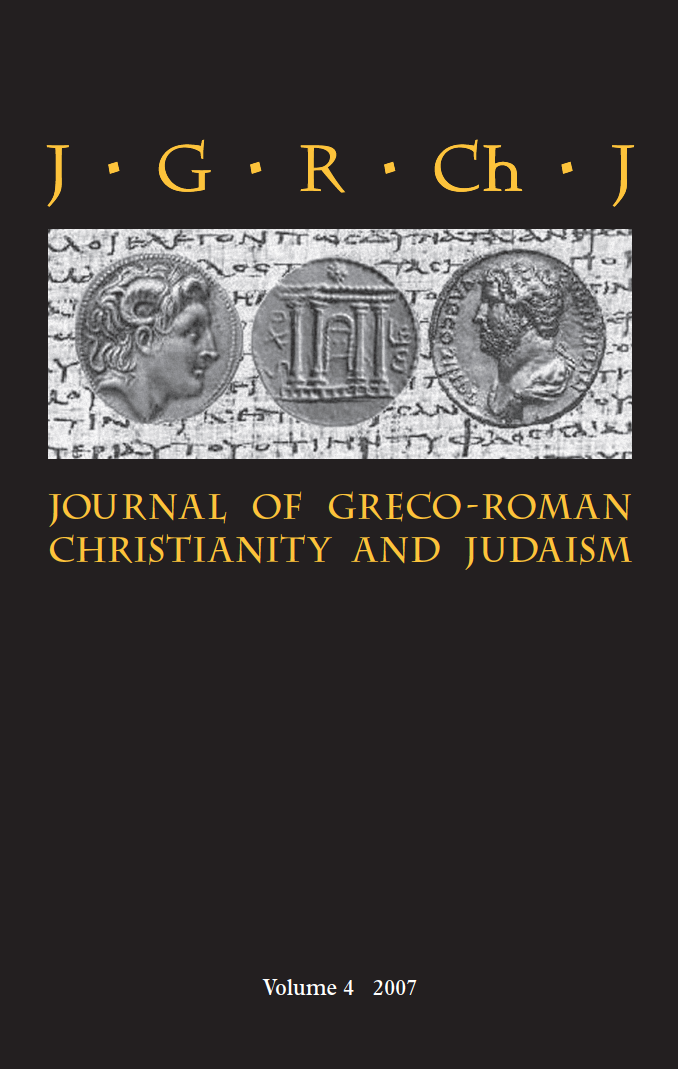
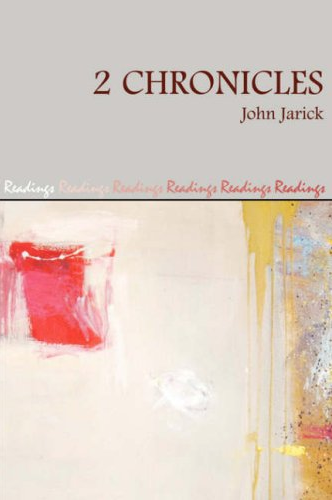
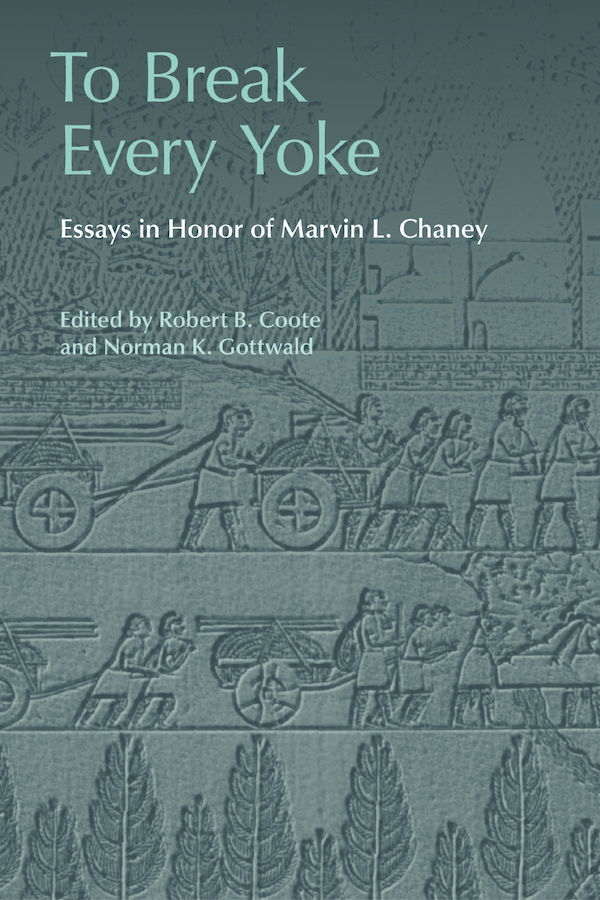
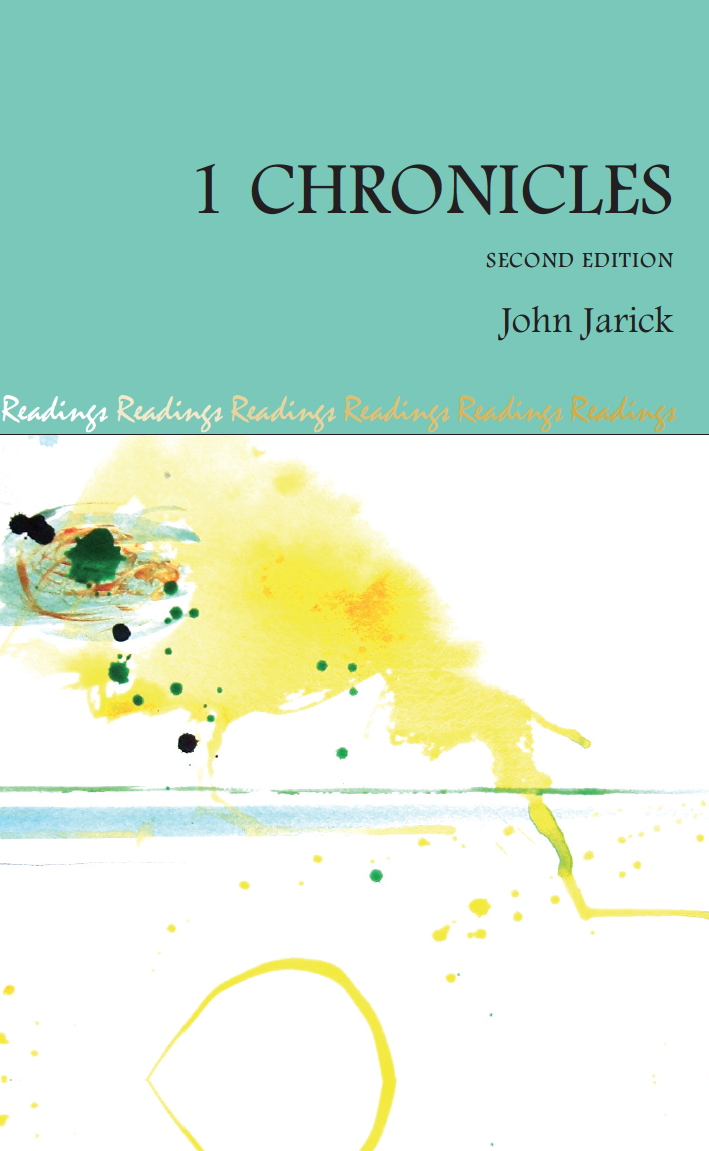

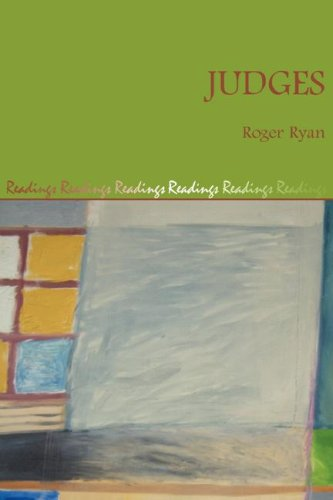
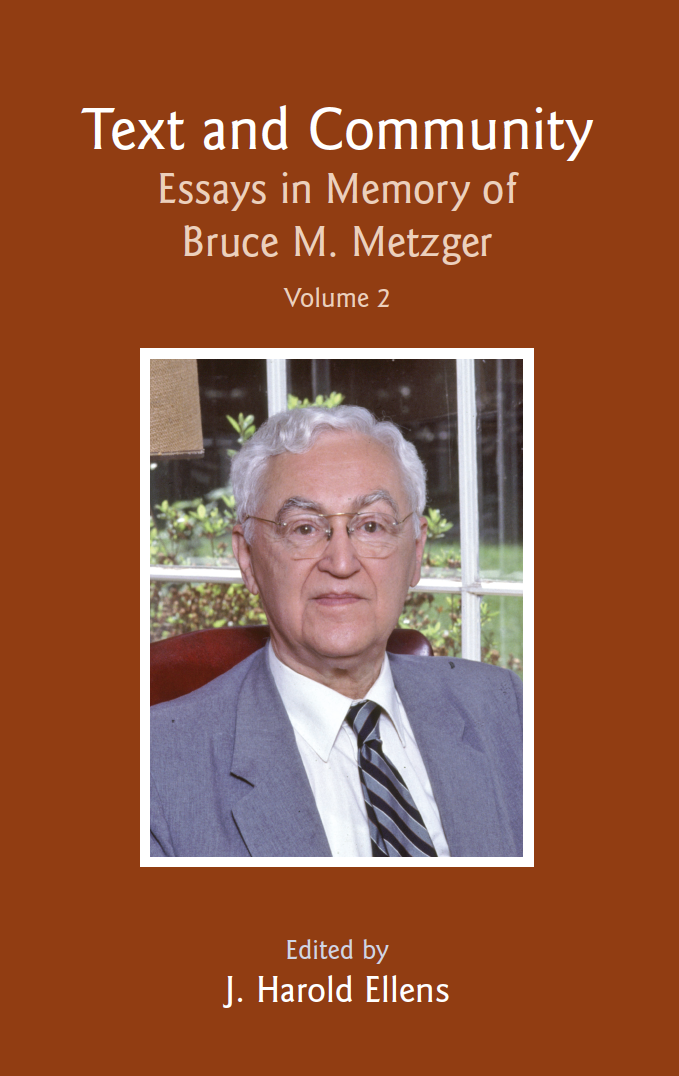
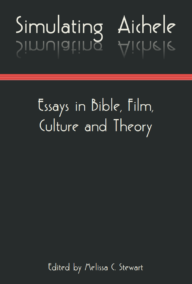

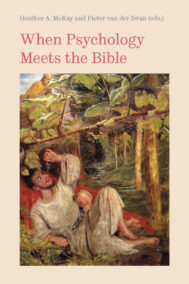
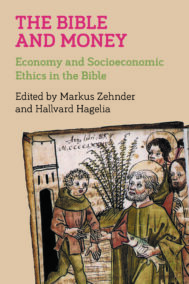





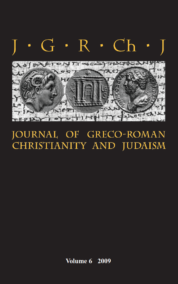
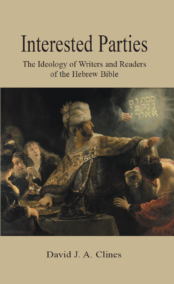
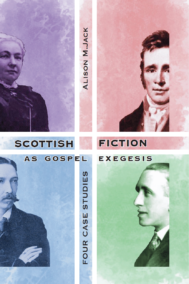
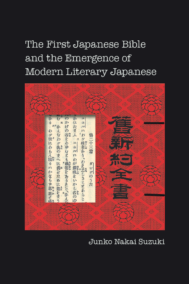
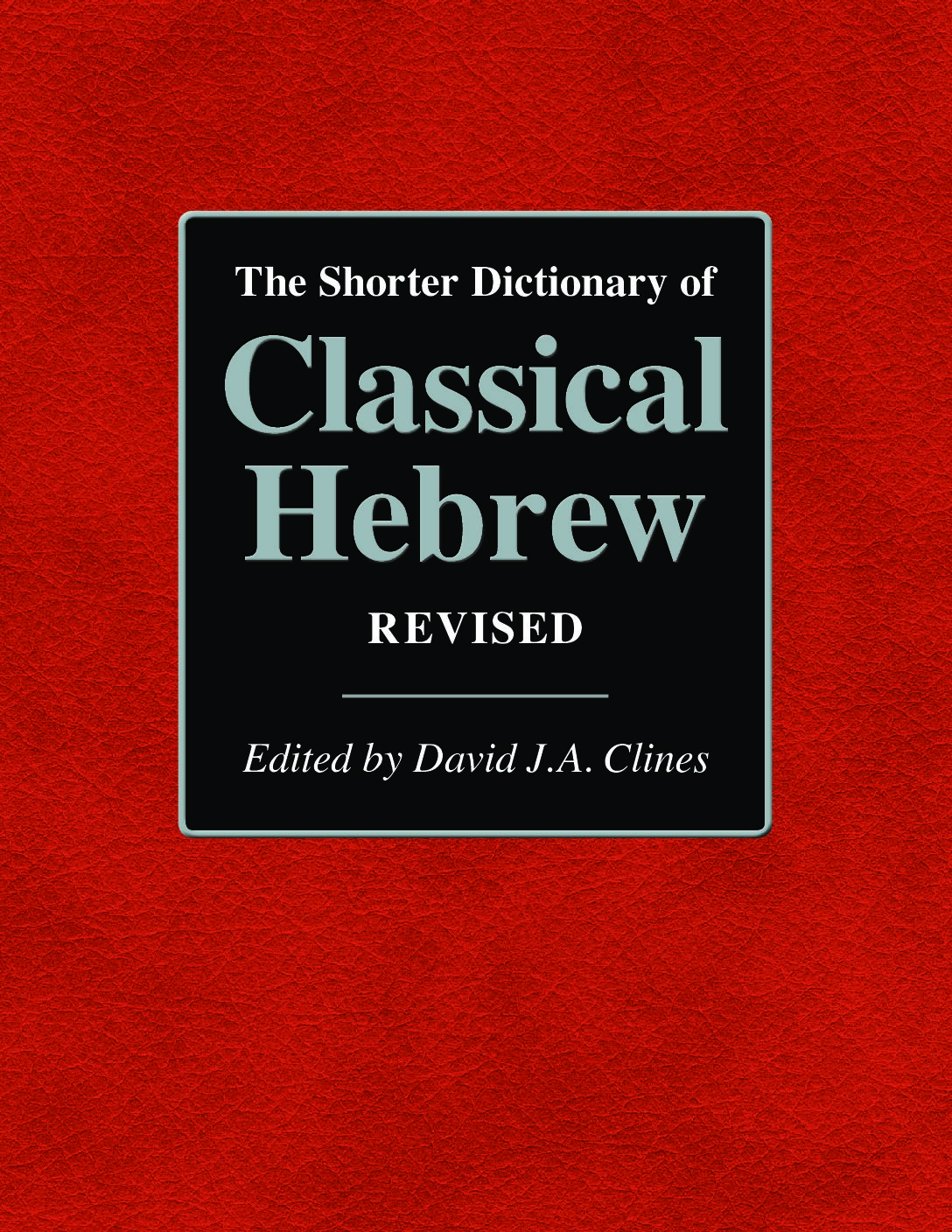
Philemon
Philemon